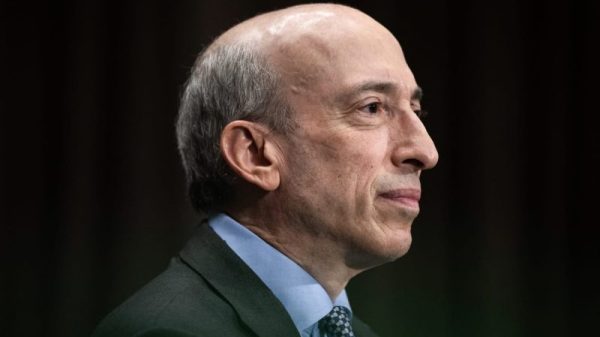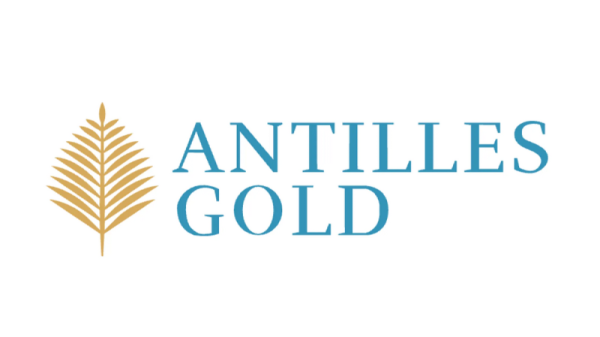Canada’s Fraser Institute has released its annual list of the world’s top mining jurisdictions, awarding the top three spots for investment attractiveness to Utah, Nevada and Saskatchewan.
Western Australia and Québec round out the top five. All top 10 spots went to areas in Canada, the US and Australia.
“A sound regulatory regime coupled with competitive taxes make a jurisdiction attractive to investors,” said Elmira Aliakbari, director of the Fraser Institute’s Center for Natural Resource Studies and co-author of the report. “Policymakers across the globe should understand that mineral deposits alone are not enough to attract investment.”
The Fraser Institute surveyed roughly 2,045 exploration, development and mining-related firms globally between August 16, 2023, and January 9, 2024, evaluating their opinions on both mineral endowment and policy factors.
The companies reported exploration expenditures of US$4.2 billion in 2022 and US$4.1 billion in 2023.
Utah has a long mining history dating back to the 1860. Presently, the most valuable mined metal in the state is copper, with over US$100 billion worth of the metal extracted to date. Other valuable metals in Utah include gold, molybdenum, silver, lead, iron, zinc, uranium, beryllium, vanadium, manganese and tungsten.
Although Utah ranks highest in investment attractiveness and policy perception, the Fraser Institute points in its report to several issues with mining in the state. “Respondents expressed increased concern over the state’s regulatory duplication, the quality of its geological database and uncertainty about environmental regulations,’ it notes.
The report also explains that while some Canadian jurisdictions, such as Yukon and the Northwest Territories, have high mineral potential, they rank lower in policy attractiveness, negatively impacting their investment appeal.
Similarly, the authors of the document point out that uncertainty related to protected areas, land claims disputes and environmental regulations are significant barriers to mining investment in various regions.
Some of these challenges weighed heavily on the regions that had the lowest scores.
“When considering both policy and mineral potential in the Investment Attractiveness Niger ranks as the least attractive jurisdiction in the world for investment. This year, China, Solomon Islands, La Rioja, and Mozambique also ranked among the bottom 10 and followed Niger as the least attractive jurisdictions for investment,” the report reads.
Also included in the bottom 10 are Zimbabwe, Senegal, Kazakhstan, Bolivia and Cambodia.
Canada’s slow permitting process a hindrance
Although Canadian regions make up half of the Fraser Institute’s 10 most attractive investment jurisdictions, the country ranks poorly on permitting confidence compared to other locales.
“While an average of 77 percent of survey respondents in Canada express either confidence or high confidence that the necessary permits will be granted, Canada still ranks as the worst performer in this category when compared to other regions,” the Fraser Institute’s report notes.
Respondents cited regulatory uncertainty, land disputes and inconsistencies as reasons behind the low ranking.
“Inconsistencies in regulations deter investment as one government authority may grant a license while another may declare a particular site for which the license was granted a natural reserve,” an unnamed senior manager at a consulting company responded. This sentiment was echoed by an Ontario-focused exploration company president who noted, “Disputes over licensing for many projects delays the development of projects.”
The length of Canada’s licensing and permitting process has long been an issue impeding the country’s investment attractiveness. According to the Mining Association of BC, on average it takes 15 years to permit a new mine.
In 2022, the Mining Association of Canada released a report calling on the federal government to streamline and expedite the permitting process to support the country’s low-carbon transition and economic goals. However, as the Fraser Institute notes, respondents say permitting times have increased over the last 10 years.
While regions like Québec, Ontario and Newfoundland and Labrador have shorter approval times, other areas have longer delays. “On average, 54 percent of respondents for the provinces and territories included in the survey said that permit approval times had lengthened either somewhat or considerably over the last decade,’ states the report.
Securities Disclosure: I, Georgia Williams, hold no direct investment interest in any company mentioned in this article.







































